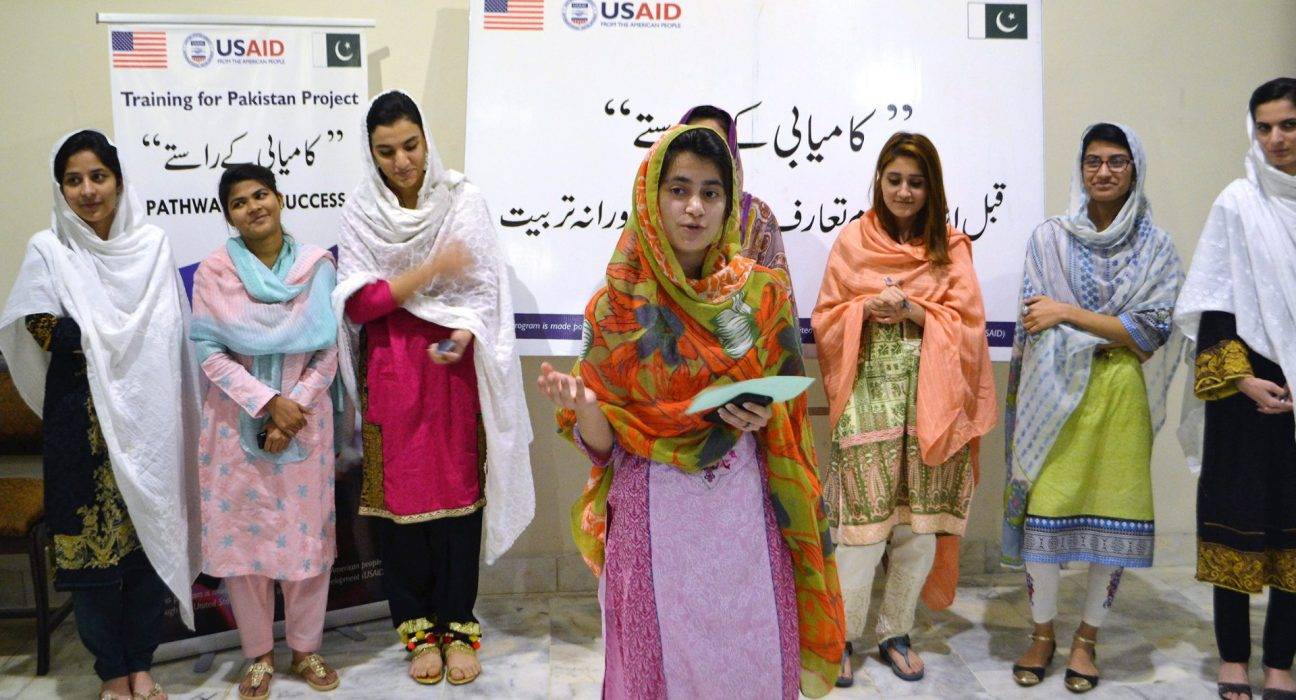In a significant development for Pakistan’s education and infrastructure sectors, the United States Agency for International Development (USAID) has reinstated funding for two major initiatives—the Merit and Needs-Based Scholarship Program (Phase II) and the FATA Infrastructure Program. This move marks a renewed push for bilateral development under the Trump administration’s revised foreign aid strategy.
The US Embassy in Islamabad confirmed the decision, stating that USAID is now realigning its priorities in Pakistan to focus on humanitarian relief and long-term sustainable development. A spokesperson reiterated America’s intention to support initiatives that promote “mutual progress,” adding that aid distribution will now be closely tied to performance and accountability metrics.
The resumption of funds comes after a prolonged suspension that had left over 530 Pakistani students—many of them from flood-affected regions—without financial support. The abrupt pause had drawn sharp criticism from civil society groups and educational institutions alike, who warned of severe disruptions to students’ futures.
While Pakistani officials have welcomed the move, citing it as a “restoration of trust,” the method of aid delivery remains a point of contention. USAID previously routed funds through a mix of government channels and local NGOs, but ongoing negotiations with Pakistan’s Economic Affairs Division now aim to expand USAID’s footprint while tightening oversight—particularly in relation to direct NGO funding.
Experts see this shift as a double-edged sword. On one hand, the revival signals a recommitment to Pakistan’s long-term development. On the other, it raises critical questions about transparency, political influence, and the risk of aid conditionality undermining local autonomy.
Related: USAID’s Contributions to Higher Education in Pakistan
As the two nations enter this new phase of cooperation, the challenge will lie in balancing diplomatic goodwill with robust accountability, ensuring that foreign assistance uplifts communities without compromising national priorities.



